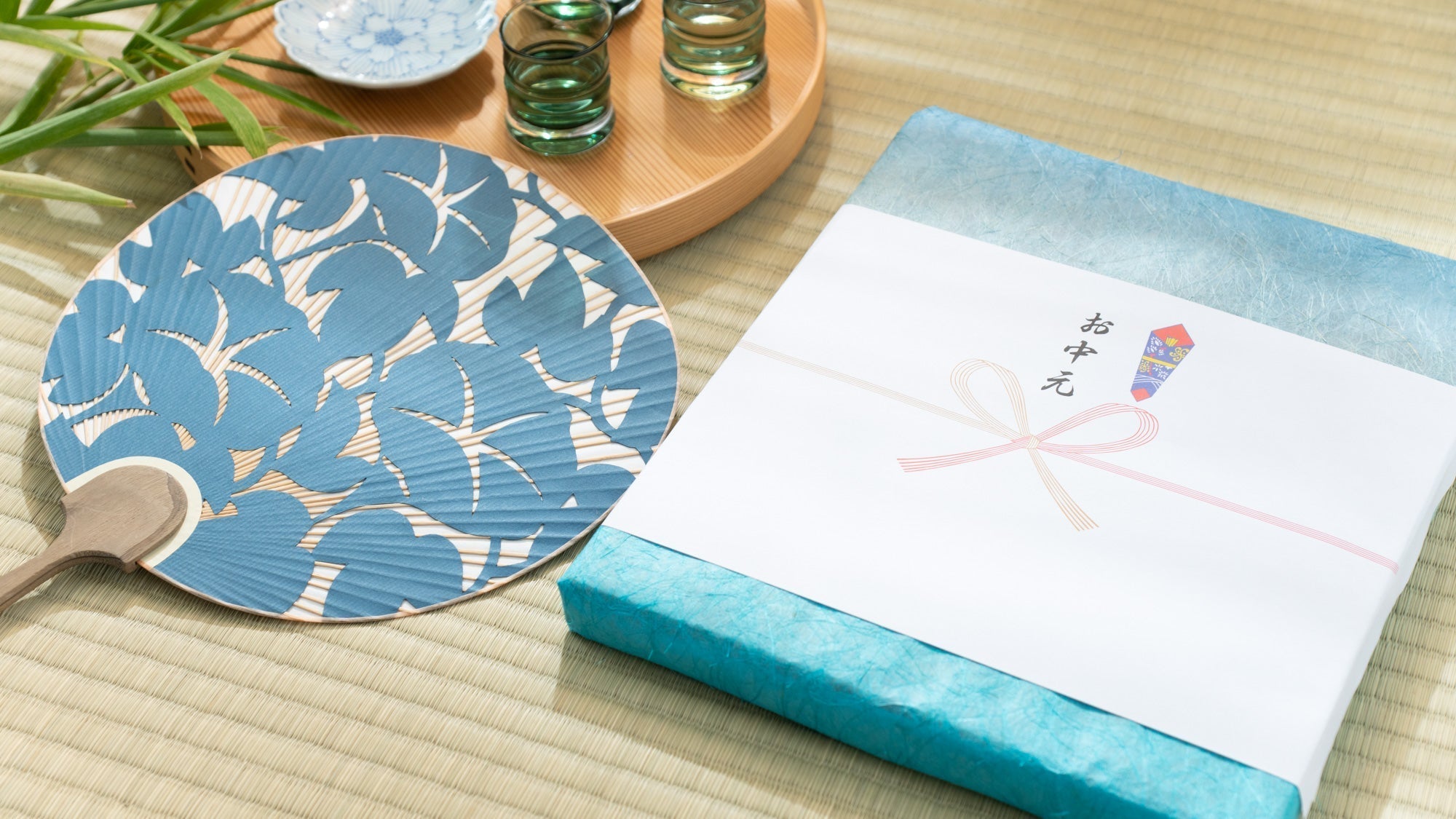
What Is Ochugen? All about Japan’s Summer Gift Giving
Written by Team MUSUBI
The art of gift-giving holds a cherished place in Japanese culture, with ochugen epitomizing the tradition of midyear presents given to those to whom we feel a sense of gratitude. Ochugen encompasses the essence of both the season and the gifts themselves as an expression of appreciation and respect. Typically, people give delicacies or practical items to their superiors, clients, relatives and others in their social circle.
Learn about this unique Japanese custom and discover some beautiful items that will help you navigate the season of ochugen with ease and grace.
Table of Contents
The History of Ochugen

In Japanese Buddhism, there is a similar seasonal event called Obon held in summer, where families welcome and honor the spirits of their ancestors with rituals. These two cultural traditions gradually merged, leading to the custom of gathering with relatives and acquaintances to celebrate safety and well-being, and exchanging gifts as a token of appreciation. Thus, the modern practice of ochugen, giving presents to those to whom one owes gratitude or who are of higher status, developed over time.
Why Do People Send Ochugen?
When to Gift Ochugen?
As these dates differ by up to a month, it is easy to miss the right time frame. Summer gifts, known as shochumimai (mid-summer greetings) and zanshomimai (late-summer greetings), can be given when you have missed the ochugen window. Here is a guide organized by date.


What to Gift for Ochugen

The chosen item should be something enjoyed during the summer, ideally providing a refreshing respite from the heat. Practical household items like towels or premium dinnerware also make excellent gifts. If you’re seeking the perfect ochugen for someone special, be sure to check out our Gift Collection and Summer Collection .
Setting Your Ochugen Budget

Other Common Gift-Giving Occasions in Japan

Just as there is ochugen, there is also a year-end gift known as oseibo. Both symbolize one’s appreciation for the recipient to whom you feel a sense of gratitude throughout the year. They are intended to be seasonal tokens of gratitude rather than purely sentimental expressions.
Just as in many other cultures, birthdays, weddings and graduations are, of course, occasions where gifts are commonly exchanged.
Ochugen is given to those you feel grateful to during the peak of Japan’s summer. In the past, it was customary to wrap the gift in a furoshiki and personally deliver it to the recipient's home, as this was considered proper etiquette. Although these practices have evolved over time, a furoshiki wrapping can be a meaningful way to convey the same sentiments. For a beautiful summer gift that captures this timeless tradition, consider sending one from MUSUBI KILN, exquisitely wrapped in a furoshiki, and let your gratitude shine through every fold and knot.


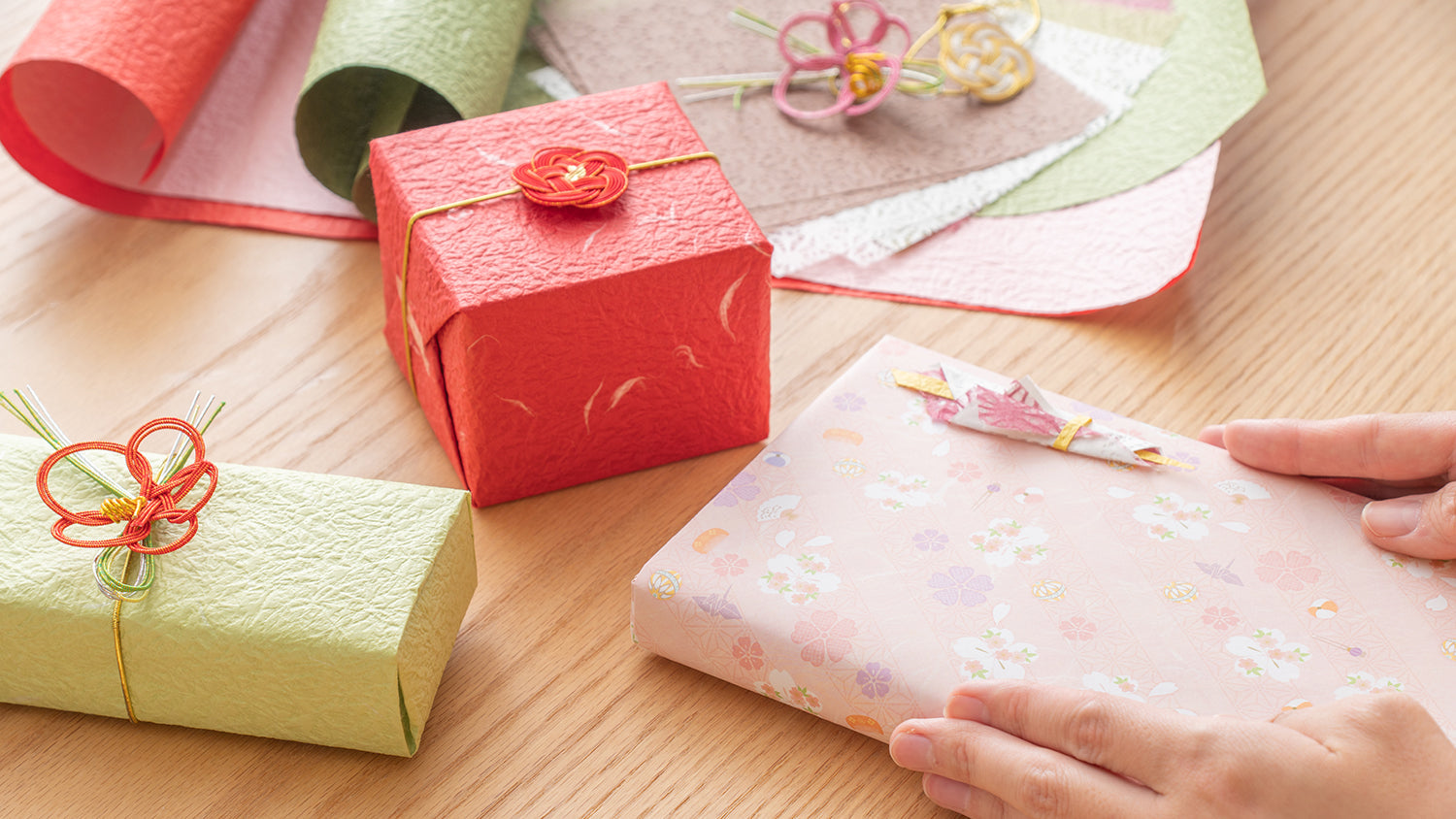
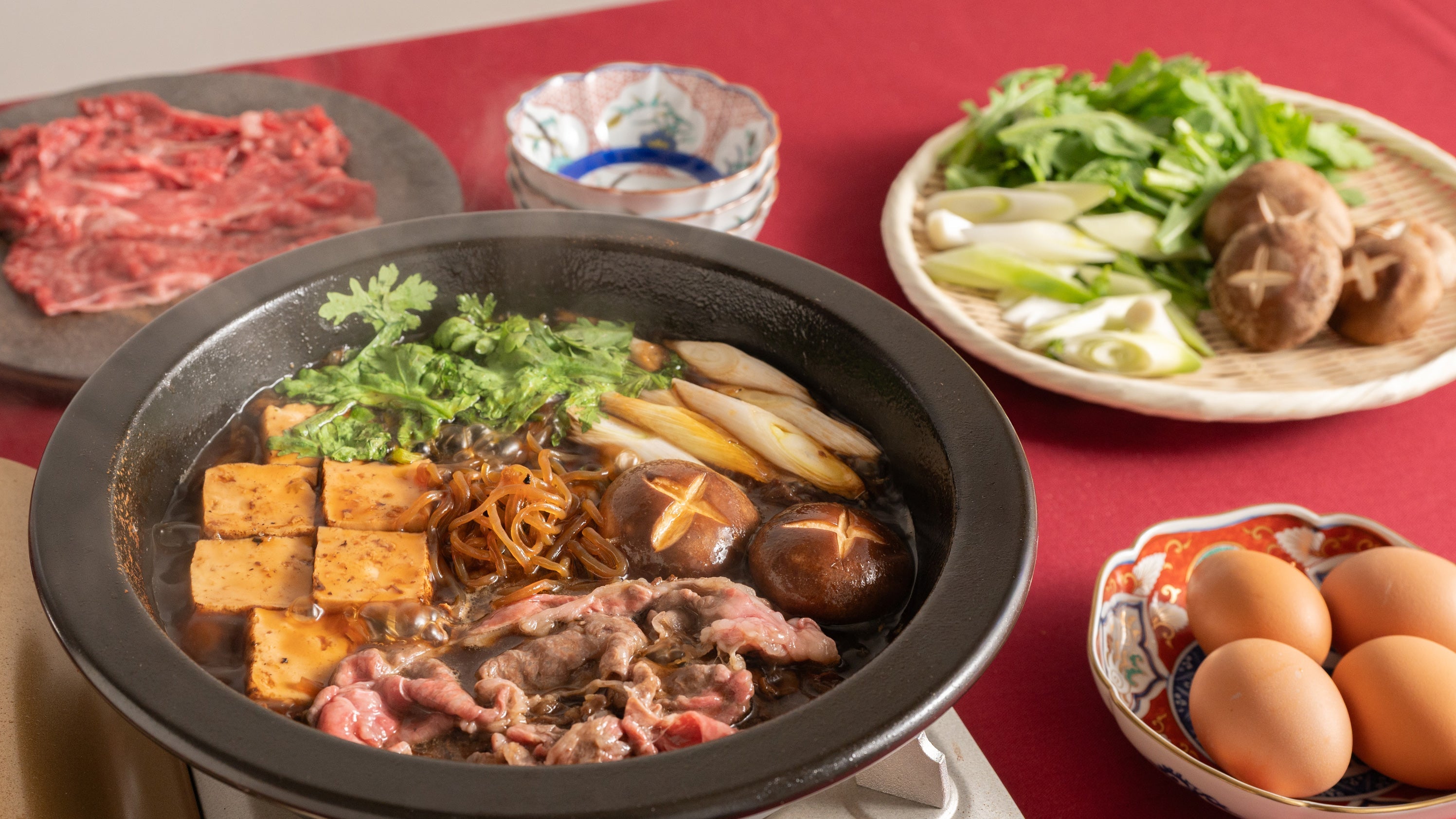
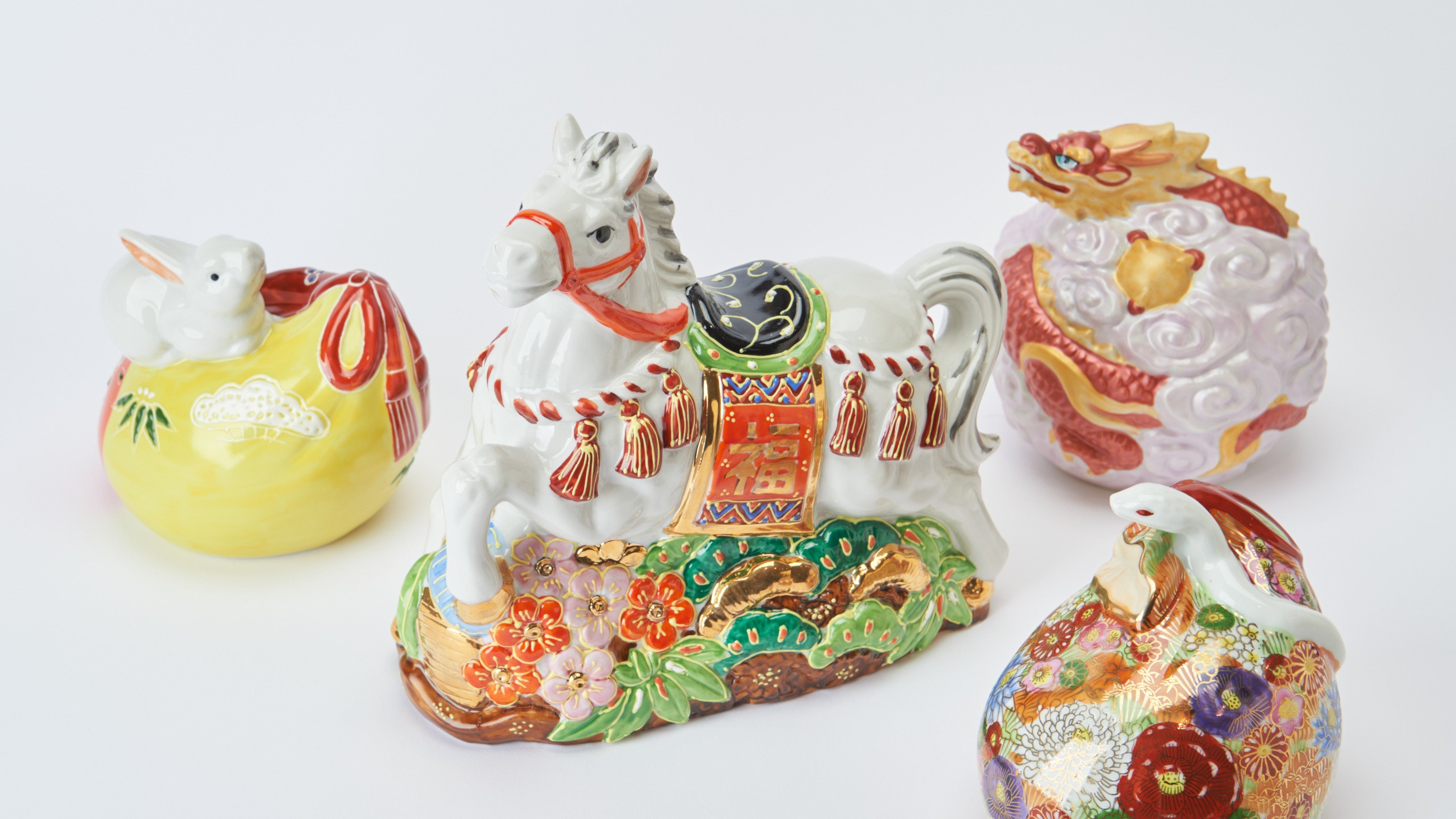
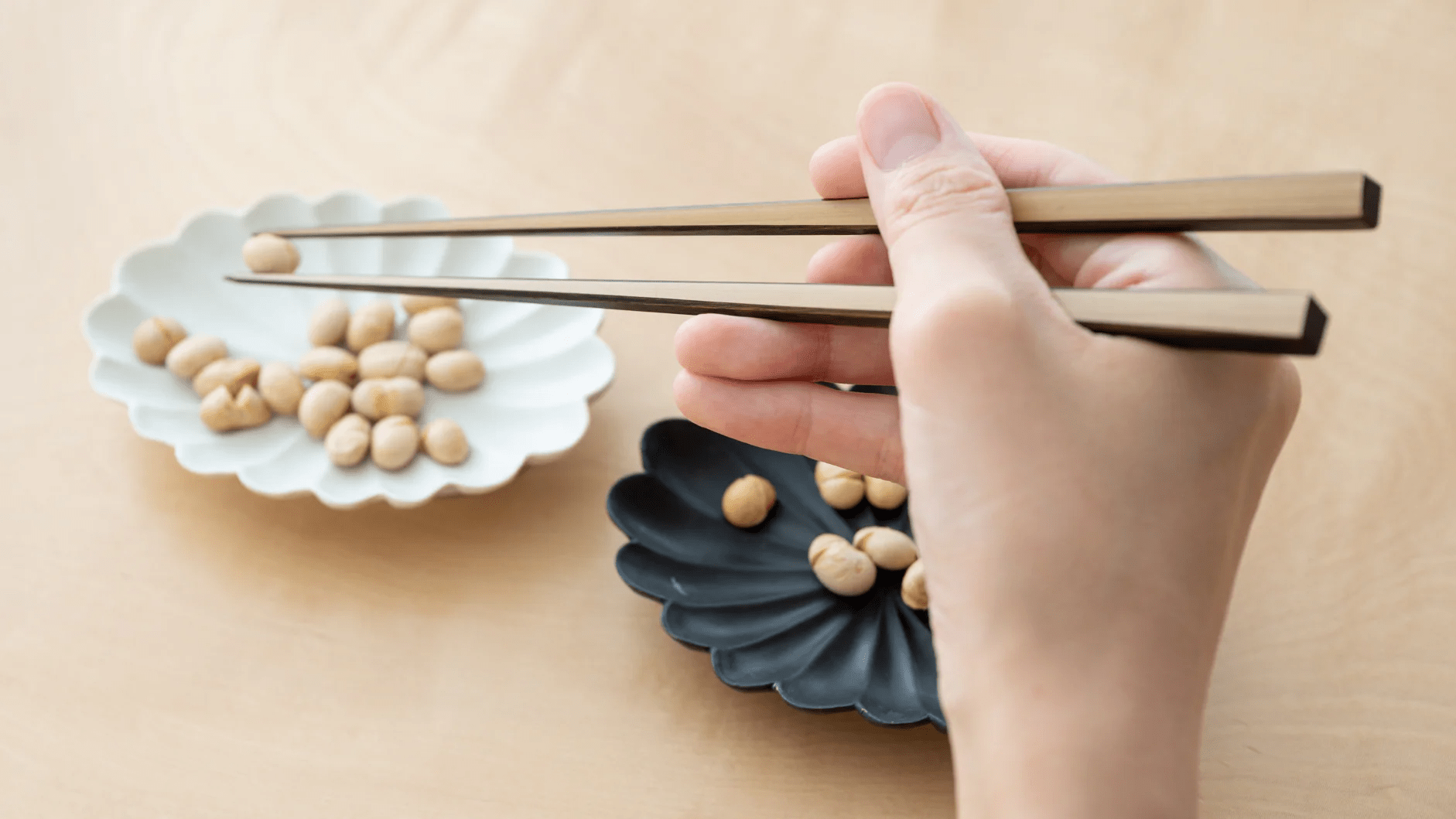
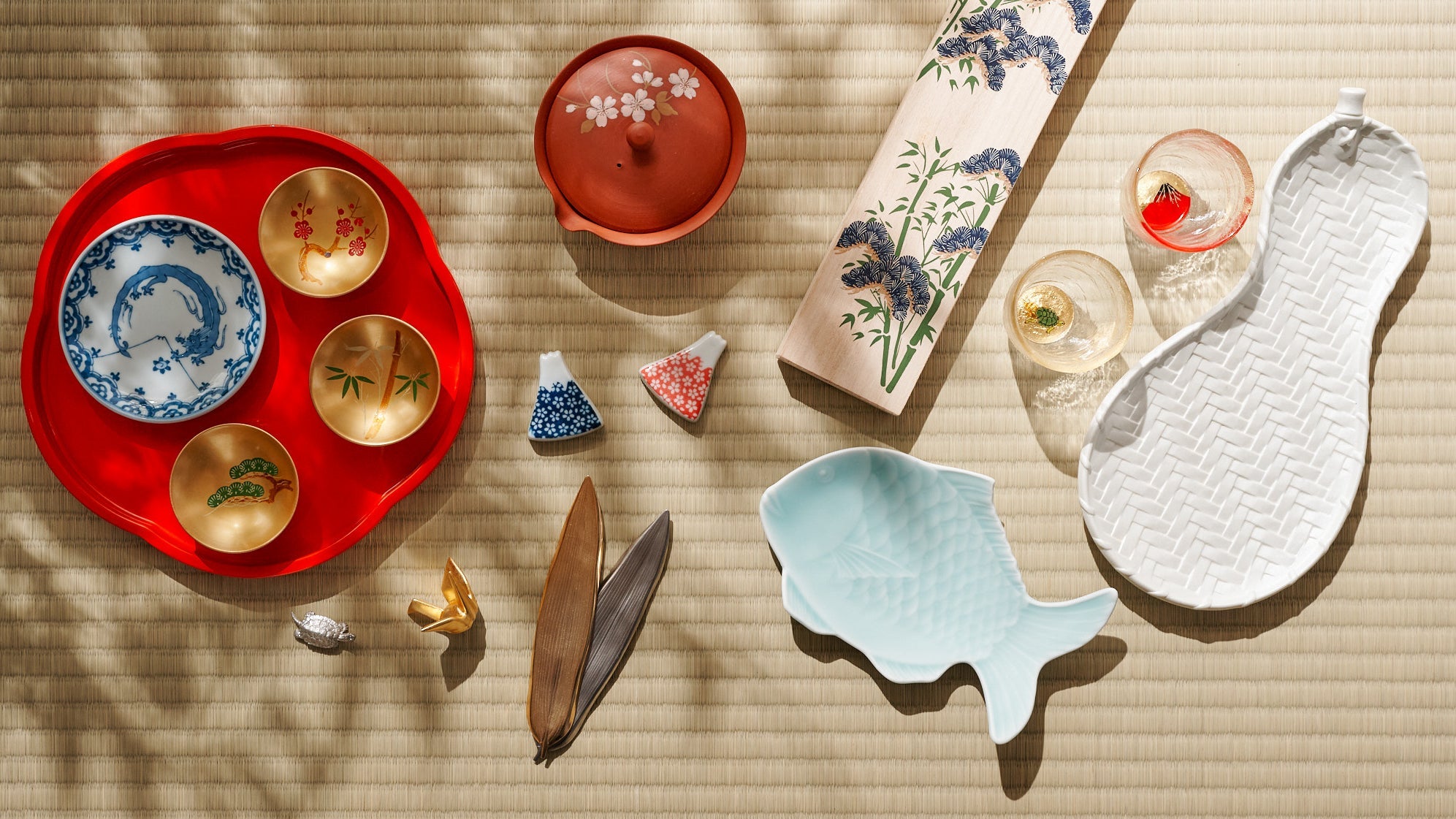
Leave a comment
This site is protected by hCaptcha and the hCaptcha Privacy Policy and Terms of Service apply.